WATCH
LISTEN
REFLECTION
What does Genesis 2 teach us about our relationship with creation, and how can we apply this in our daily lives to care for the earth as stewards entrusted with its flourishing?
Reflect on the role humanity is given to "work and take care of" the Garden of Eden (Genesis 2:15). How can we honor this calling in how we treat the environment, animals, and natural resources?
What does it mean for us to be "formed from dust" and brought to life by God’s breath? How does this dual reality of humility (dust) and divine purpose (breath) shape the way we see ourselves and others?
Consider how this informs your identity and the inherent value of all human beings, regardless of differences.In the story, God creates Eve as a companion for Adam, emphasizing the power of relationships and community. How does this speak to the importance of diversity and mutuality in our relationships with others?
Reflect on how embracing diversity—cultural, gender, or otherwise—enriches our lives and fulfills the relational intention of creation.Genesis 2 highlights the beauty and abundance of the Garden of Eden. How can we cultivate gratitude and an appreciation for the beauty and diversity of God’s creation in the world around us?
Think about how recognizing and celebrating beauty—whether in nature, art, or people—can deepen your connection with God and the world.What does the narrative of Adam naming the animals teach us about the importance of creativity, responsibility, and individuality? How can we embrace these traits in our work, relationships, and spiritual lives?
Consider how naming, creating, and tending are acts of co-creation with God, and explore how you can bring intentionality and care to the tasks entrusted to you.

